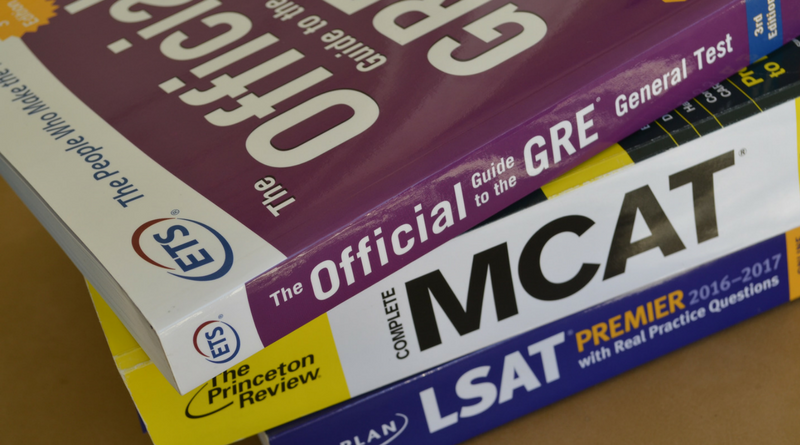By: Bre Lillie, Contributing Writer
There are pros and cons to taking a gap year. It can provide an opportunity for students to do things they otherwise may never get the chance to do, like travel, but it also has the potential to look like wasted time for students who plan on applying to a post-graduate program later on. Rebecca Parker, employer relations director in the Space, and Kimberly Hall, assistant professor of English and member of the graduate school in English committee, weigh in on the risks and benefits of the much-debated topic.
Parker does not generally recommend gap years to students because it can be difficult to regain momentum. However, she notes that professors often know you more personally and the field you want to go into, so they might be able help you decide when a gap year is the best option. The Space is available to alumni as well as students for career guidance.
Hall agrees that professors are valuable resources in helping students decide on post-grad plans. “Ask questions to your professors,” she says. “Use the support network you have here to help make a decision about how to spend your gap year.”
However, Hall admits access to professors is a perk a student may lose during a gap year. “Rejection is inevitable. It can be demoralizing. It’s nice to have professors to encourage and bolster you,” she says.
For students planning on going to medical school, Parker thinks there may be disadvantages in the admissions process for those who have taken a gap year. “In the sciences, you are now competing against students who are fresh– a whole new group of applicants who are now your competitors,” she says.
Explaining a gap year can also be a challenging. “They may look at you like, ‘oh, you’re lazy’ or ‘you’re not motivated,’” says Parker.
Both Hall and Parker agree that the benefits of a gap is the chance to gain new experiences, tools and perspectives that can be applied in graduate studies and later on in a career.
Teaching English as a Second Language abroad is a way for students to travel and be immersed in a new culture while still using their time productively. Teach for America is another option to consider, especially since the organization is known for supporting its alumni who wish to continue their education. Other potential jobs for young college graduates include sales, editing, writing and being a fact checker. For the sciences, Parker recommends opportunities to shadow and gain experience in a medical setting.
As far as interviewing for a job, Parker suggests being generic when talking to your future employer about your plans. “While they appreciate honesty, employers are looking for people who are going to stick around,” she says. “Saying that you want to go to grad school instantly shows you as a flight risk. It makes employers not want to invest in you.”
Hall and Parker both agree that it’s important to stay current in your field during a gap year, whether that’s keeping up with legislation in the medical field or starting a blog about literary issues. “The more tailored you can make your cover letter or statement of purpose, the more chances of success,” explains Hall. “The more you can work [your gap year] into who you are as a scholar and how it led to your development, the better it will be. ‘During my gap year I did this for this reason.'”
She adds that it’s important to find a hobby, since graduate school is so consuming. “Find something that you know will help sustain you,” says Hall. “It’s nice to have something else that you feel good about and that brings positivity to your life.”
Similarly, Parker says, “Figure out what your passion is outside of a career. If your passion is volunteerism, get super involved and give back to your community.”
Parker encourages students to attend Wofford alumni events as well as joining the Wofford College Alumni LinkedIn group for networking opportunities.




























